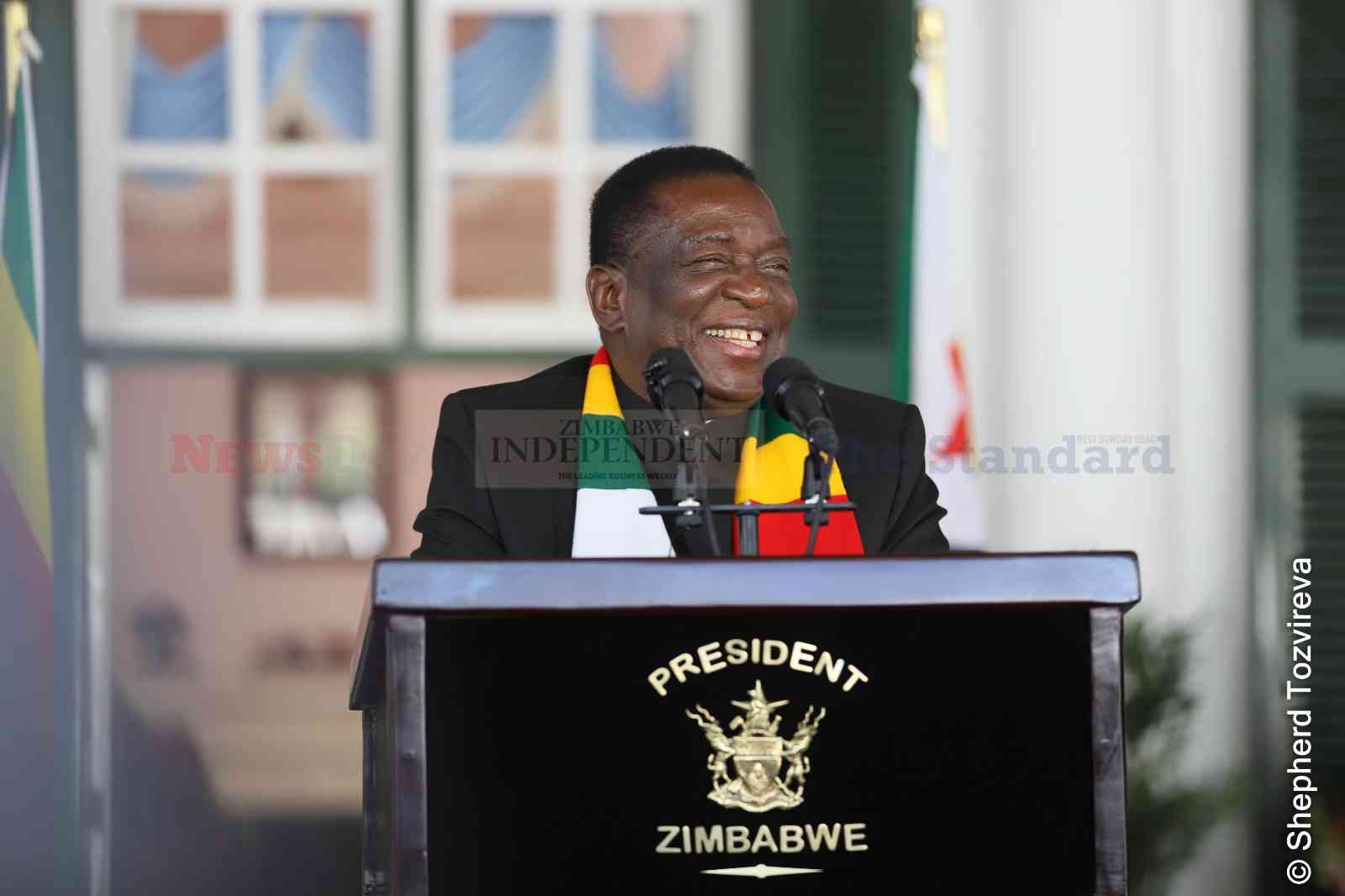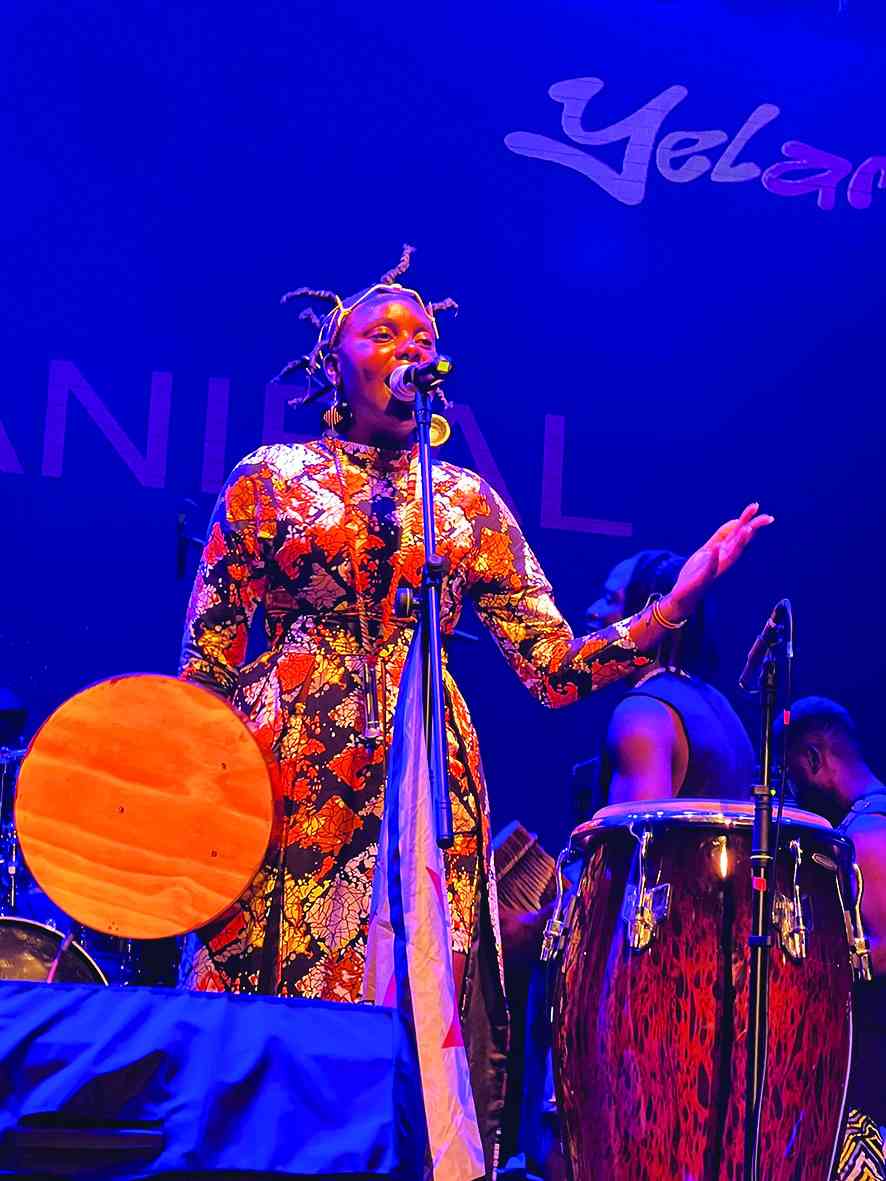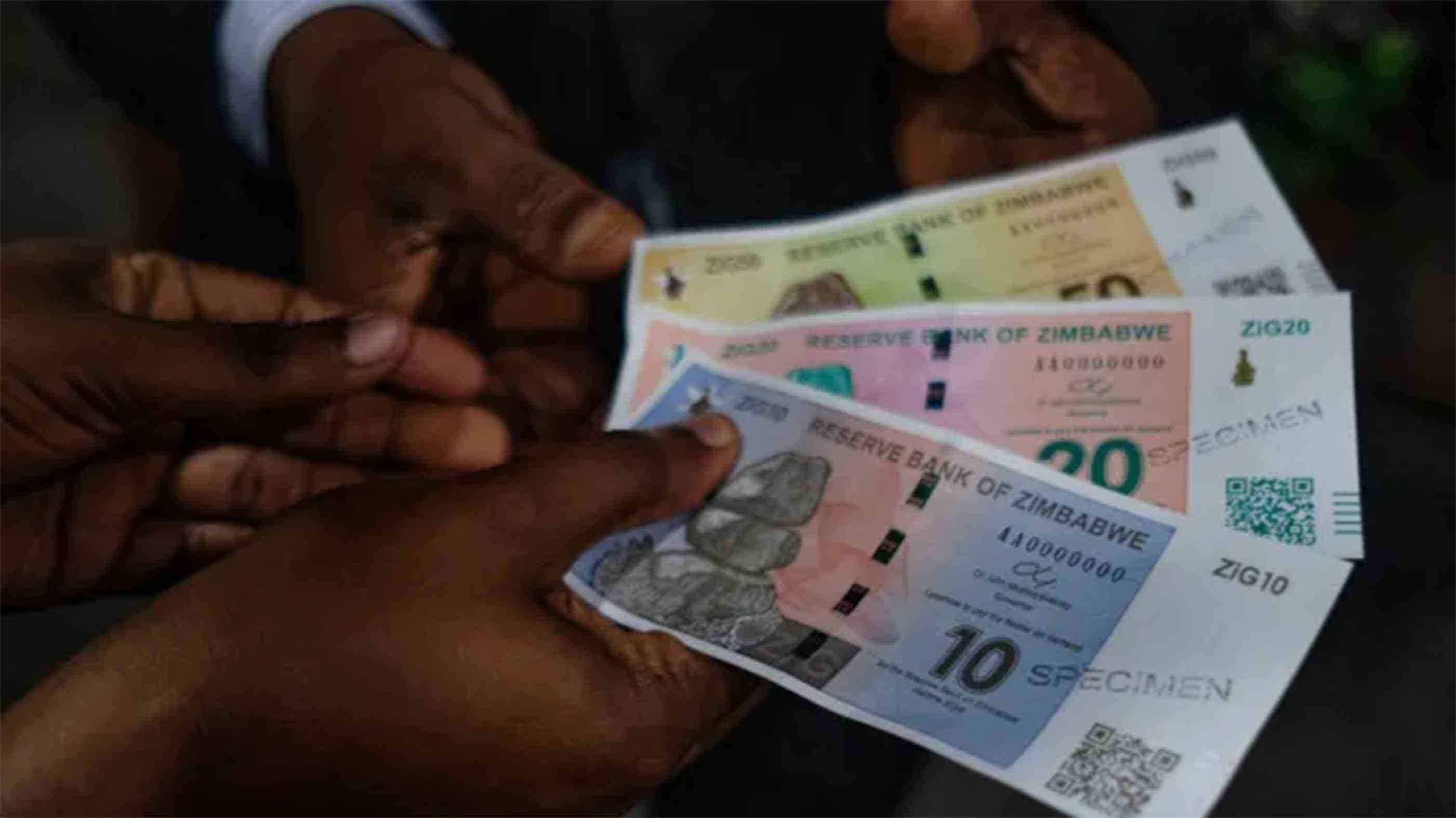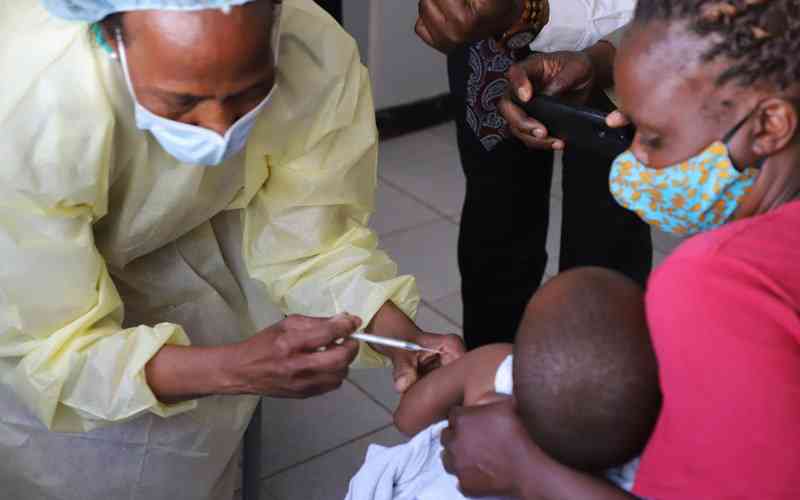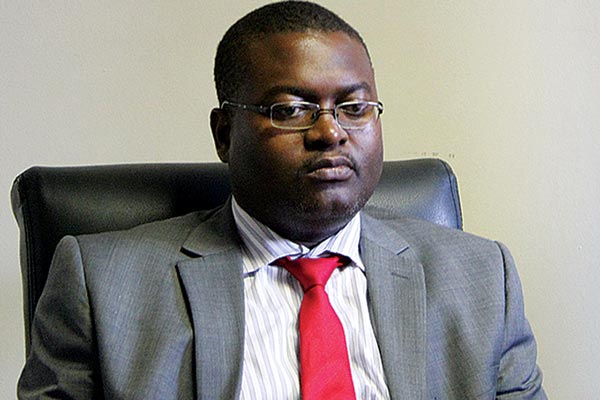
guest column: Alex Magaisa
There are of course many factors attributed to Botswana’s good performance.
A stable political and economic environment, a relatively free economy in which property rights are protected, general respect for fundamental rights and freedoms, sound economic management and prudent public policies have all been important factors in their successful journey.
Nevertheless, this would not have happened without sound and progressive leadership and democratic and economic institutions. This is a point that has been driven home eloquently by economists, including Acemoglu and others in their work, Why Nations Fail. Barclay reiterates the same point in his work on Botswana, as do many other scholars.
Botswana has been fortunate to have good leaders who, by and large, have focused on the public good and manage natural resources prudently. Most scholarship on Botswana’s economic performance acknowledges the exemplary leadership of its founding President Seretse Khama, who set the pace for his successors.
Although the ruling party he established has had a monopoly of power since independence and while opposition parties do raise complaints over the country’s democratic challenges, Botswana is generally seen as stable and peaceful, providing conditions that are conducive to business and progress.
Although the Botswana Democratic Party dominates the country’s politics, the country has managed to establish a tradition of regular change of leadership, with presidents complying with term limits.
In this regard, the country has resisted the temptation that so often afflicts their counterparts on the continent to change the constitution and do away with presidential term limits.
- Chamisa under fire over US$120K donation
- Mavhunga puts DeMbare into Chibuku quarterfinals
- Pension funds bet on Cabora Bassa oilfields
- Councils defy govt fire tender directive
Keep Reading
This is why since 1980, Zimbabwe’s year of independence, Botswana has had four presidents, compared to Zimbabwe’s two, the first had to be removed via a coup. Establishing this culture of change of leadership, even within the single party dominance is an important building block in promoting democracy.
More significantly, Botswana has been vastly more prudent and wiser in the exploitation and management of its diamonds, something that Zimbabwe has utterly failed to do.
It is not that Botswana is completely free of cronyism, but it has been able to channel its diamond profits into developmental projects rather than exclusively direct them into the pockets of political and military elites.
How it managed and deployed its diamond profits was a ready model which was available for Zimbabwe to draw lessons from when it discovered its gems in 2007.
When Botswana discovered diamonds in the late sixties, it went into a joint-partnership with diamond mining giant, De Beers, realising its own limitations. The result was the establishment of Debswana, a joint operation in which the Botswana government’s share grew progressively over time.
The initial agreement, which gave Botswana 15% of the company was re-negotiated as more diamonds were discovered. The government now owns half of Debswana. This has produced a win-win situation for both the government and De Beers, with profits accruing to and benefitting the nation rather than just the political elites.
Critics might argue that the deal is still not perfect, but it is far better than what has obtained in fellow African countries.
The situation in Zimbabwe was the opposite. While Botswana managed the diamonds for national development, Zimbabwe’s diamonds were subjected to an orgy of plunder by political, military and foreign elites.
The crackdown by the State on local communities which sought to exploit the alluvial diamonds has been well-documented. Soon afterwards, political, military and foreign elites converged on Chiadzwa, staking claims to the exclusion of local communities and the nation at large.
Former President Robert Mugabe once claimed that $15 billion worth of diamonds had been stolen. Most observers agreed that the $15 billion claim was outlandish, but nevertheless, the admission of plunder by the then Head of State was an indication of the egregious theft that had taken place in Zimbabwe.
This went on for a few years, with the elites amassing a huge amount of personal wealth while the nation suffered. Later, in 2015, the government tried to nationalise the diamond companies but it was a case of closing the stable doors after the horses had already bolted.
The difference between Botswana and Zimbabwe is, therefore, not explained by resource endowments but by the quality of the countries’ respective leadership and its ability to manage the economy.
A country can have abundant resources but if it lacks sound leadership, it counts for nothing. If anything, it is arguable that Zimbabwe is more richly endowed with a diverse range of resources, including arable land.
It is important to comment briefly on this issue because it also impacts Zimbabwe’s economic output and performance. Zimbabwe’s inability to fully manage and exploit its vast arable land is truly scandalous.
In economic terms, Zimbabwe is currently sitting on what economist Hernando de Soto referred to as “dead capital” in respect of arable land. It goes without saying that Zimbabwe used to be an agricultural powerhouse in the past.
The fact that arable land was live capital was an important factor in this success story. It was live capital in the sense that arable land could be traded and for that reason, it could be used to generate credit from banks and other lending institutions.
Farming is a business, which requires vast amounts of capital. The land could generate credit because there was a sophisticated and, for a long time, a secure system of property rights.
Ownership has many benefits and incentives which stimulate production. An owner can use their property as security for a loan, which can be used to fund the agricultural enterprise.
An owner can also use their property to secure a lease of farming machinery and equipment from leasing institutions.
An owner can invest in long-term projects because they have security of tenure and can be assured that they will reap rewards of their investment. Secure title is, therefore, important in the running of a farming enterprise.
There is consensus among fair-minded people that the land reform exercise was necessary in a country that had inherited a racially-skewed land ownership system.
Nevertheless, the implementation also had a collateral damage on the previously secure and trusted system of property rights. Land that could previously generate credit to finance farming collapsed to nothing.
The destruction of the old property rights system represented a fundamental change that caused a diminution in wealth.
Officially, most of the agricultural land now belongs to the state. Those on the land have no security and banks and financial institutions cannot extend credit on an asset that has no security of title.
The need for a system that gives back some life to the land in financial terms is known, but so far the government has failed to come up with an agreeable solution.
Command agriculture, the much-vaunted policy to support farmers has had a torrid tenure and is fraught with corruption. There is no real confidence in the leases that the government is giving out because there is always the risk that the state can use its power to prise it away.
Without security of tenure, the financing of farming remains a precarious affair. Government alone does not have the power to support commercial agriculture.
The government’s approach to arable land is yet another example of failing to manage a resource and to capitalise on an area of comparative advantage.
Now Zimbabwe is importing grain from neighbours like Zambia, when just a few decades ago, it was the exporter.
With its vast arable land and expertise, Zimbabwe has no need to be spending scarce foreign currency importing food that it could easily grow and sell to other countries.
As with diamonds, Zimbabwe’s problem is not that it does not have arable land; it has simply failed to manage and exploit it to give the country a competitive advantage.
That is why Zimbabwe is now begging for financial assistance from Botswana, importing grain from Zambia and haemorrhaeging talent as young Zimbabweans escape poverty, unemployment and seek pastures new.
What Zimbabwe needs most from its neighbours is not money but lessons in leadership and sound economic management. Botswana has the template on diamond mining. It’s a simple copy and paste job.
But Zimbabwe’s political elites are too greedy, rapacious and selfish. They looted the Chiadzwa diamonds and would loot some more if new opportunities arise.
Botswana may have given Zimbabwe some assistance, but it could be dwarfed by the contributions that Zimbabwe’s political and military elites hold in their personal accounts, most of them abroad.
The fact of the matter is that Zimbabwe could get a billion dollars from its neighbours but it will come begging again in a few months’ time.
There is a reason why lenders have refused to extend credit to Zimbabwe. The country doesn’t pay its debts. There is no trust, and without trust there is no credit.
What Zimbabwe desperately needs is sound leadership and strong democratic and economic institutions. These are the qualities that have made Botswana outstanding over the decades.
In Khama, Botswana had a founding father who had long term vision and sound political and economic management skills. His successors took the baton and maintained a similar approach.
The diamond discovery could have become a curse for Botswana as it was in other countries like Sierra Leone and the DRC. They could have gone to waste, through elite plunder, as was the case in Zimbabwe.
The difference is that Botswana’s leaders had far better vision and were sound managers of resources for the public good. Revenues have been ploughed back for social development which has helped transform the country from the wasteland it appeared to be at independence.
This is not to over-hype or romanticise Botswana. It has its challenges. If one were to ask an average BaTswana, they might have a different opinion over the success narrative that is reflected in governance indicators where the country ranks highly.
For example, it has consistently been in the top ten in sub-Saharan Africa in the World Bank’s Doing Business Index, which measures the ease of doing business.
The indigenous San peoples may not share the same joy, as they complain that they are discriminated. The poor who are yet to reap the benefits of the success story might also have different ideas.
The country has not performed well in the fight to contain the HIV and Aids pandemic, which puts a strain on the health service.
Economists warn that overreliance on diamond revenues is unsustainable in the long run and encourage more diversification of the economy if growth is to be sustained. But Botswana is aware of this weakness, and its working on it.
Yet, with all these challenges, it is incredible that Botswana has become a donor to Zimbabwe. When President Mokgweetsi Masisi came to Harare this week, he brought with him medical equipment and drugs to help shore up Zimbabwe’s failing healthcare system.
The irony is that Zimbabwe’s leaders routinely seek medical treatment abroad because the healthcare system collapsed under their stewardship.
They might not even understand the weight and nuance of the message by a neighbouring president who came bearing gifts for public hospitals.
In effect, the Botswana taxpayer has joined the millions of other foreign taxpayers in Western countries who have been propping up Zimbabwe’s healthcare system. At least 90% of medical drugs in Zimbabwe’s public hospitals come from donors. It is a tragic situation.
Conclusion
It’s sad that Zimbabwe is now relying on its cousin for assistance. It’s worse that the country’s media has to make false claims which the neighbour has to deny. It should never be like that.
It’s a sign of gand failure that Zimbabwe has to be in this sorry situation. The difference between us and Botswana is not the discovery of resources. It’s a difference in leadership.
Botswana, which was poorer than Zimbabwe at independence is now a donor to Zimbabwe because the latter has had a poor, selfish and greedy leadership.
The greatest thing that Botswana could give us as a people is the wisdom of how they managed to make good use of their resources.

